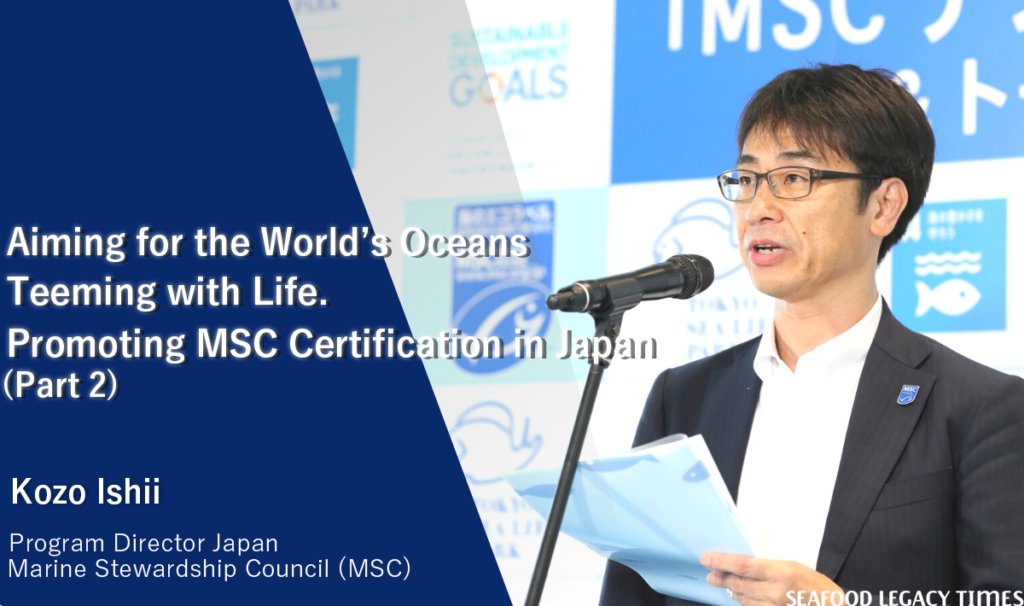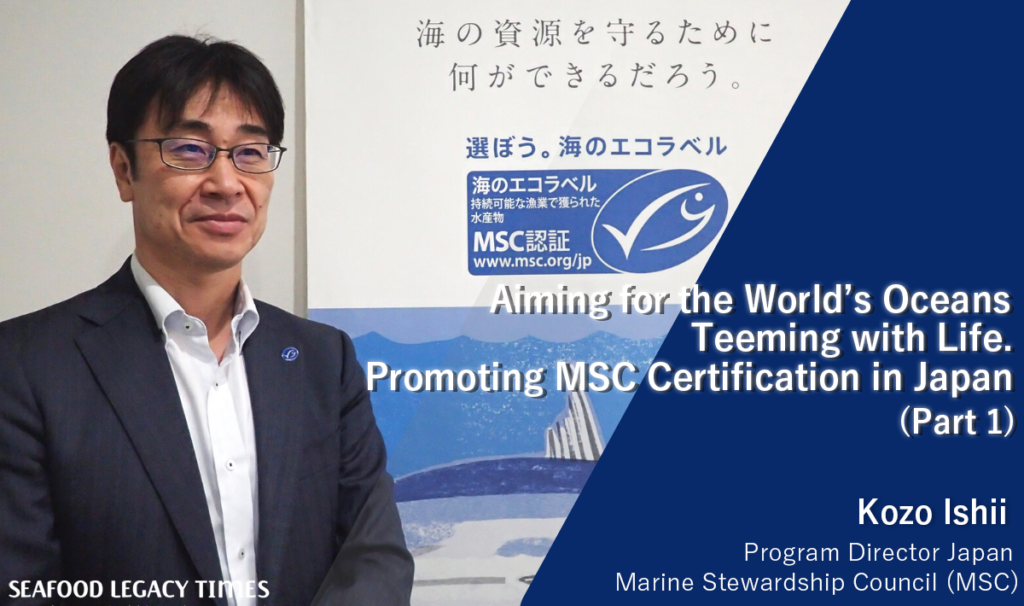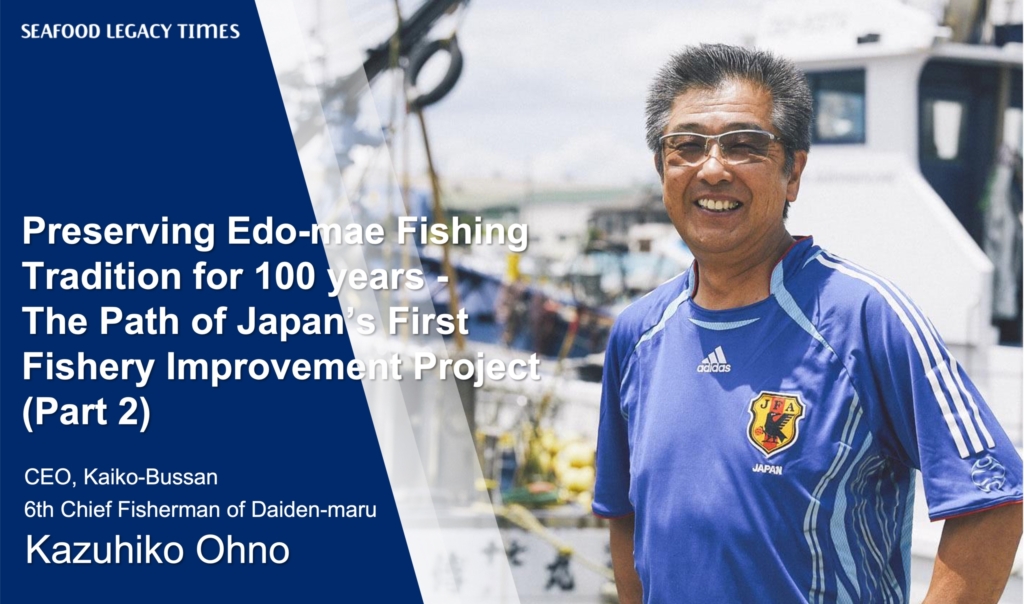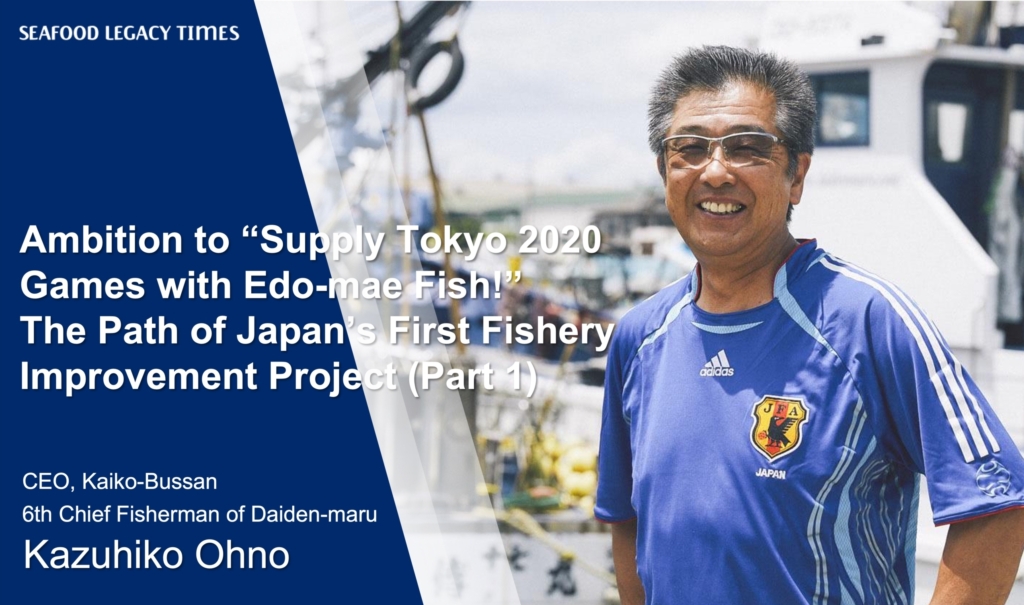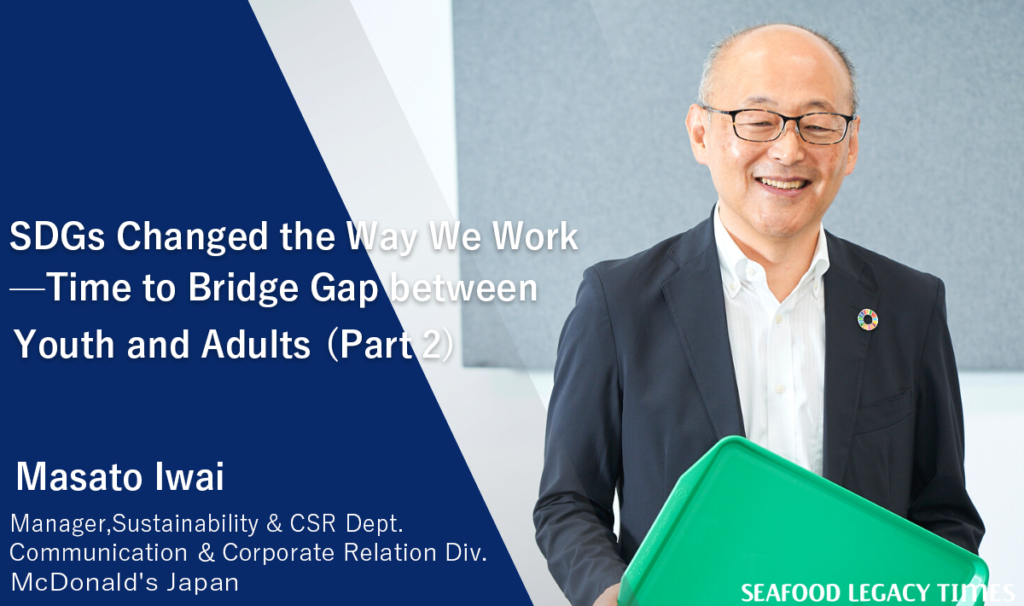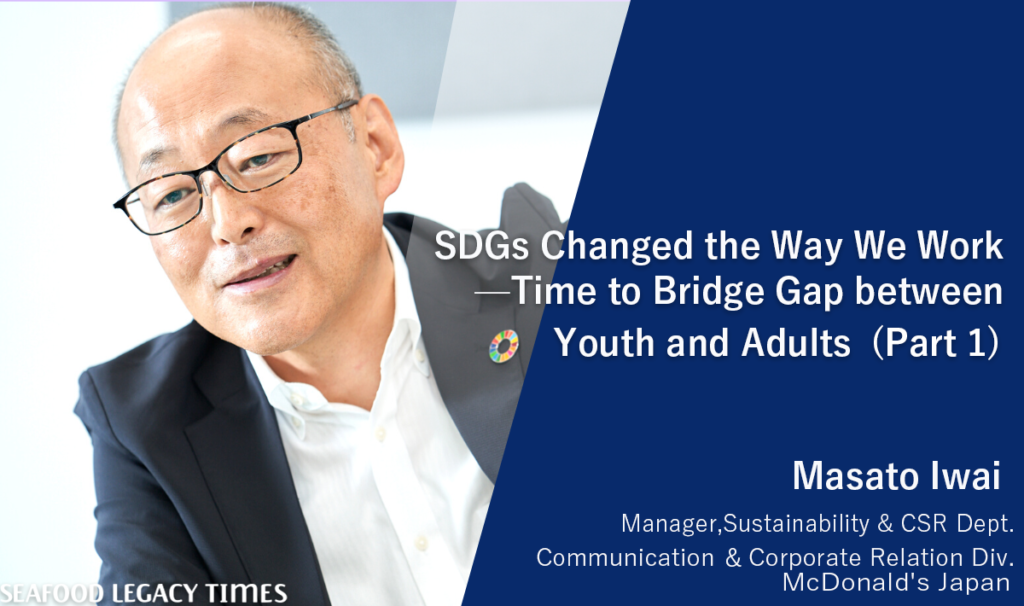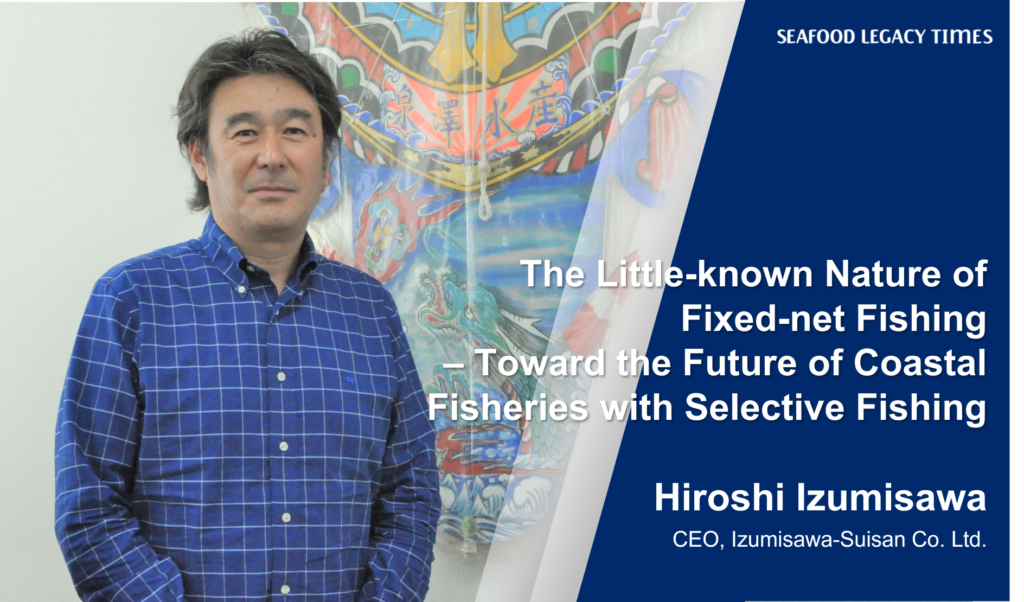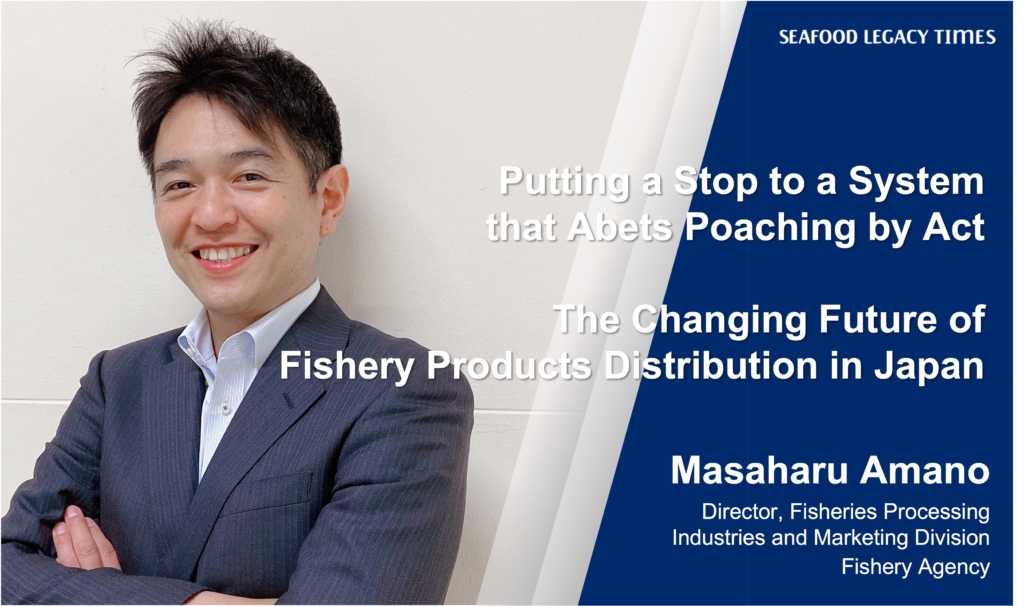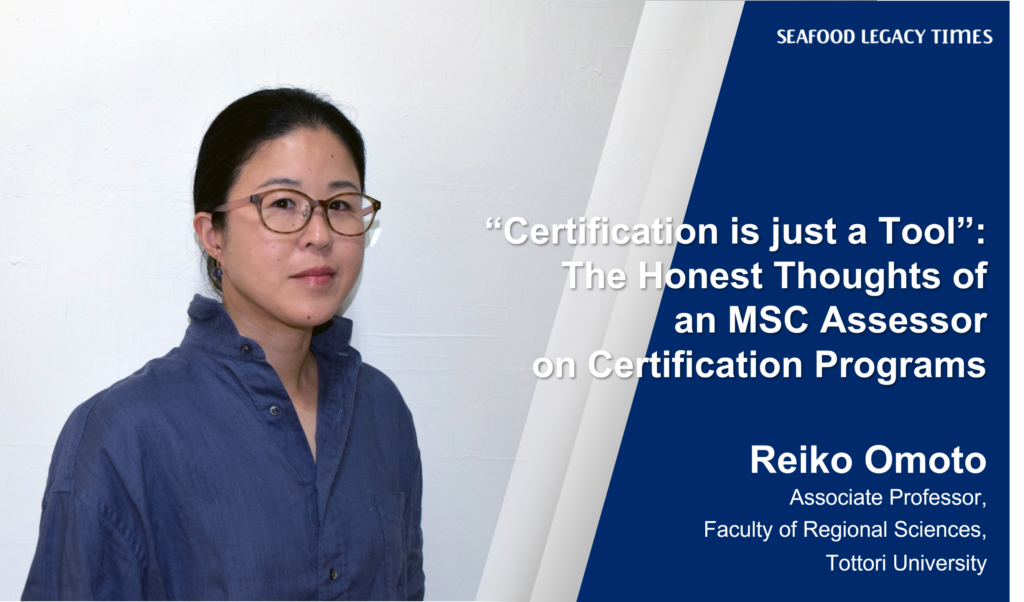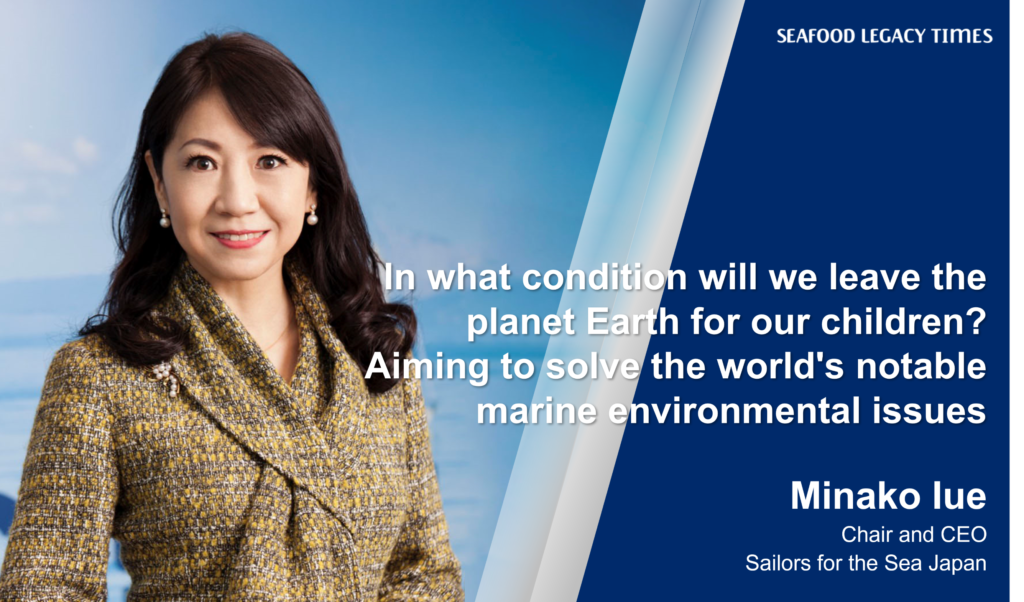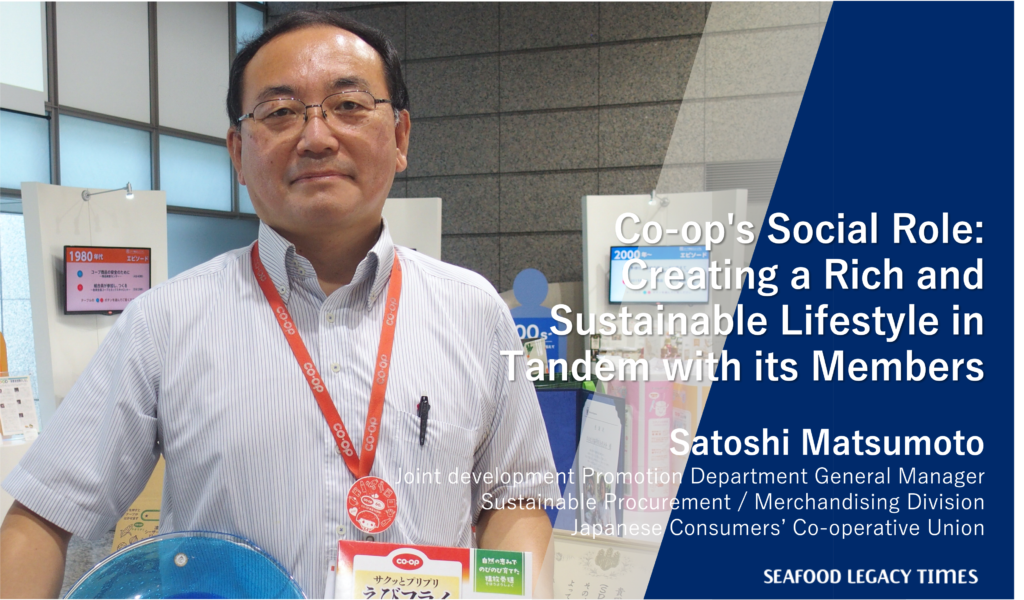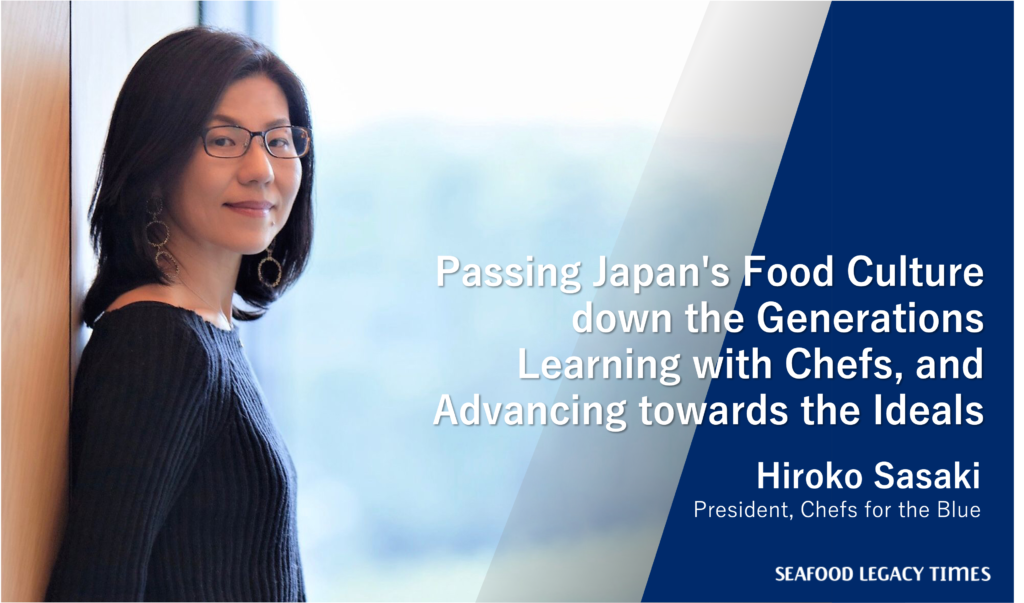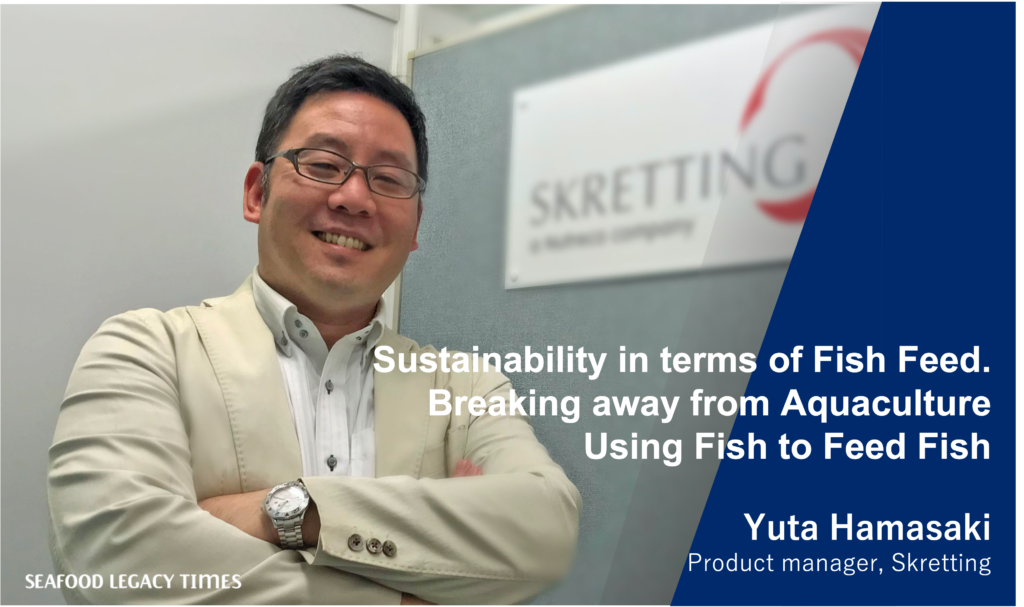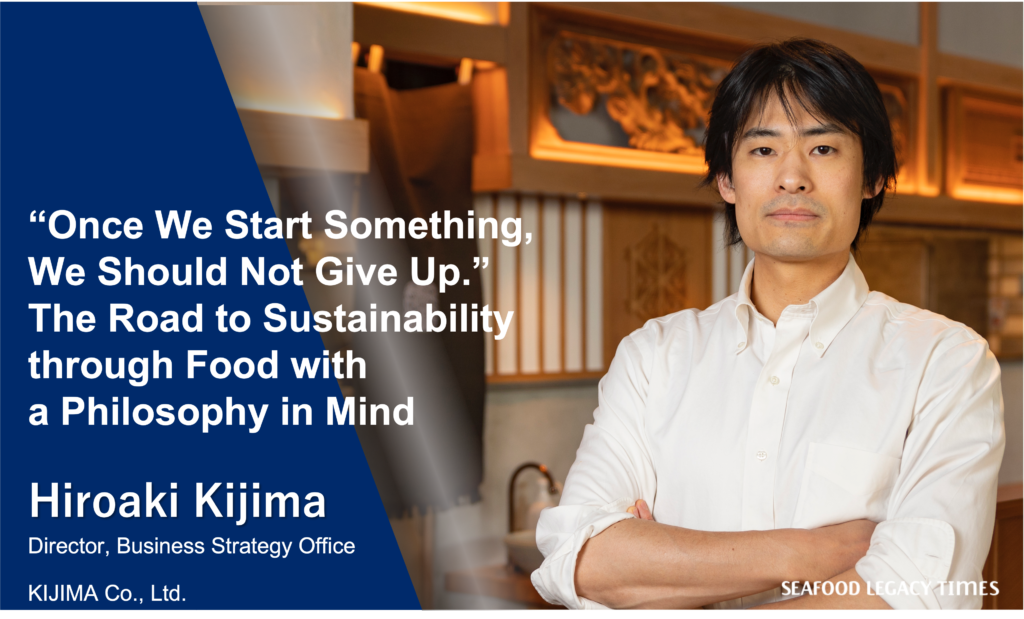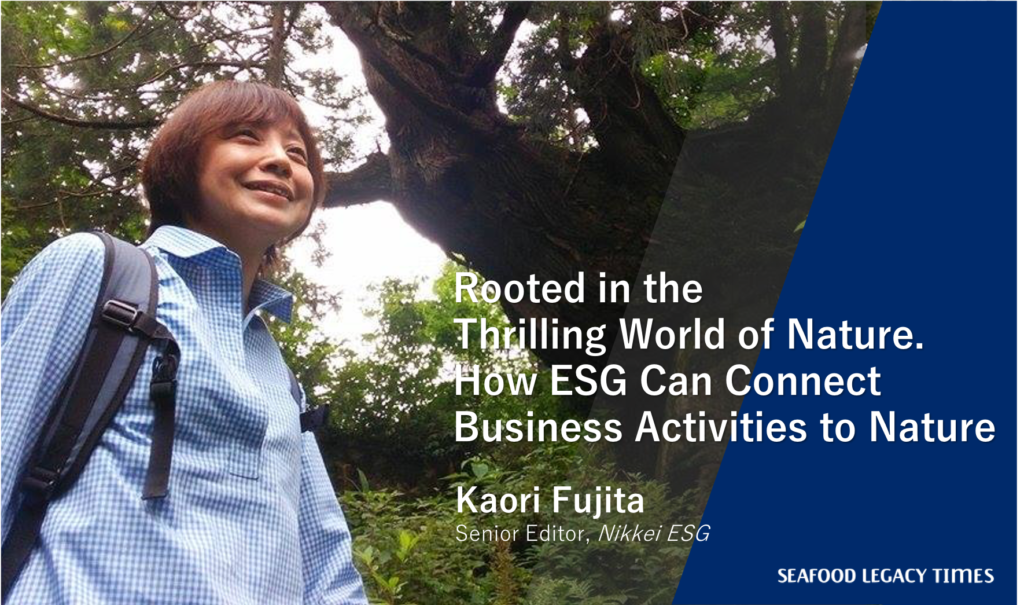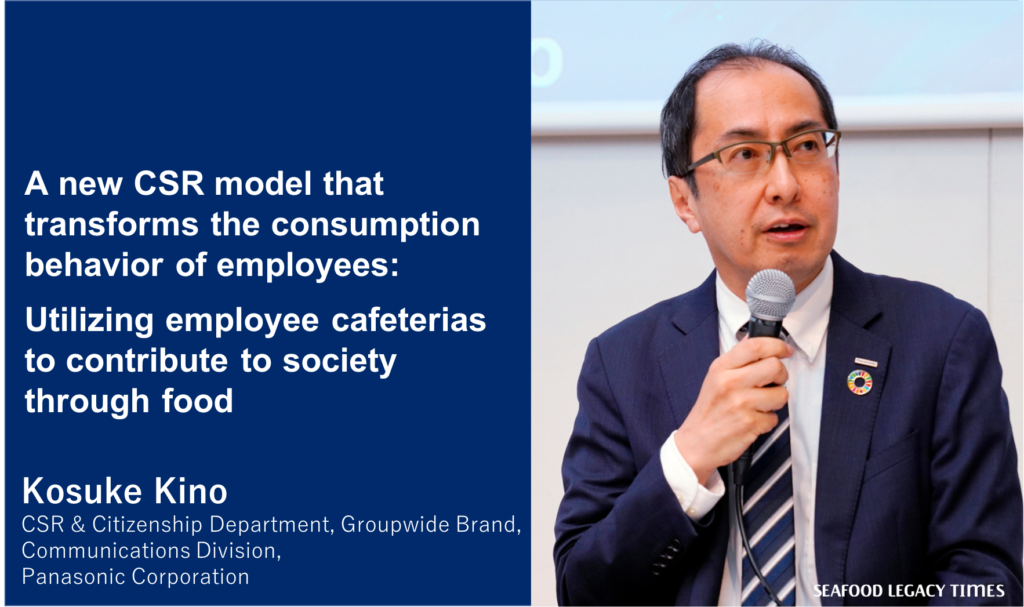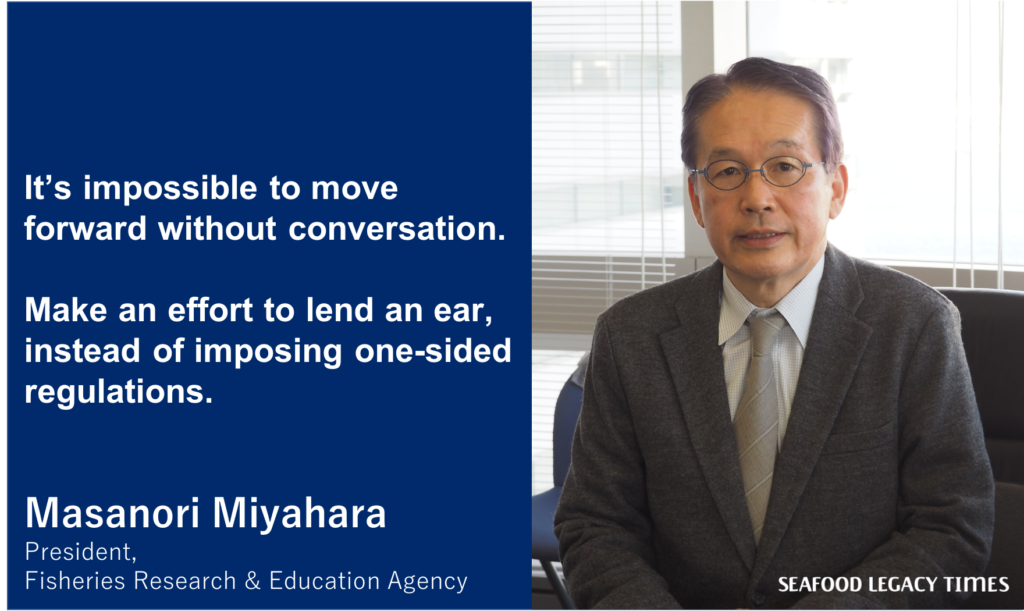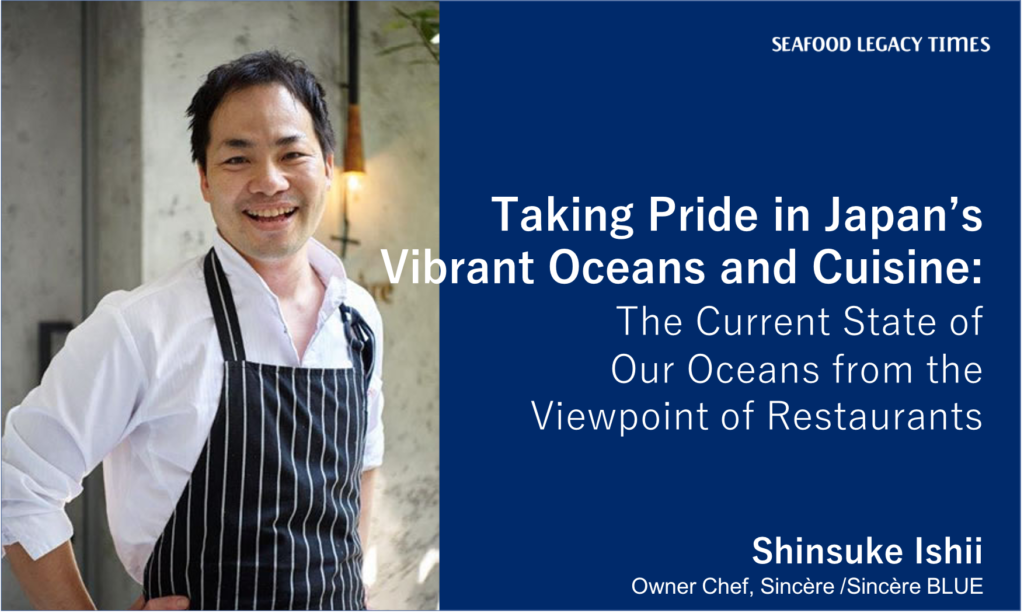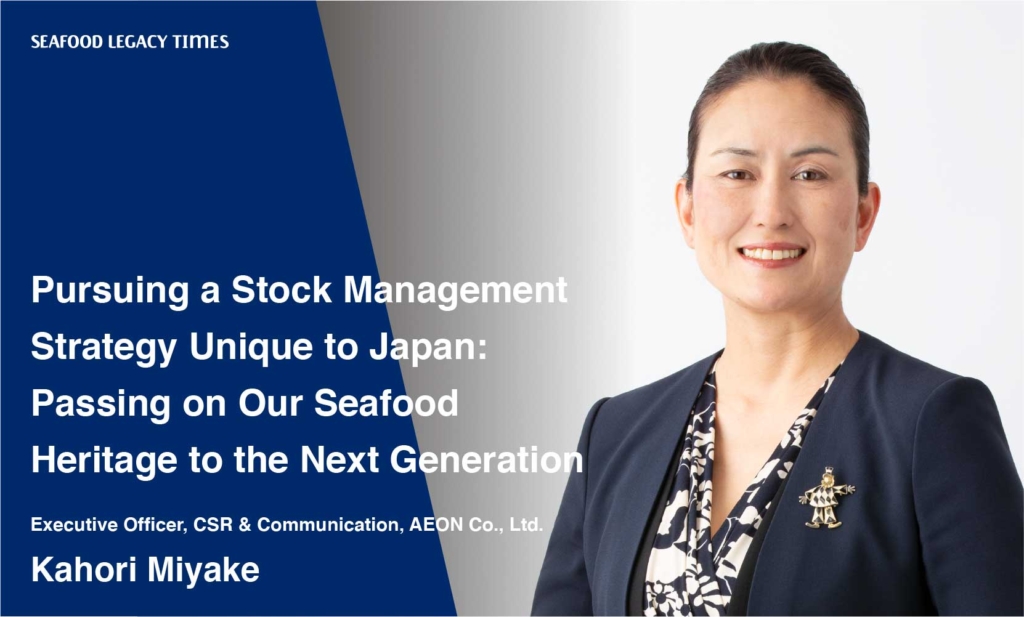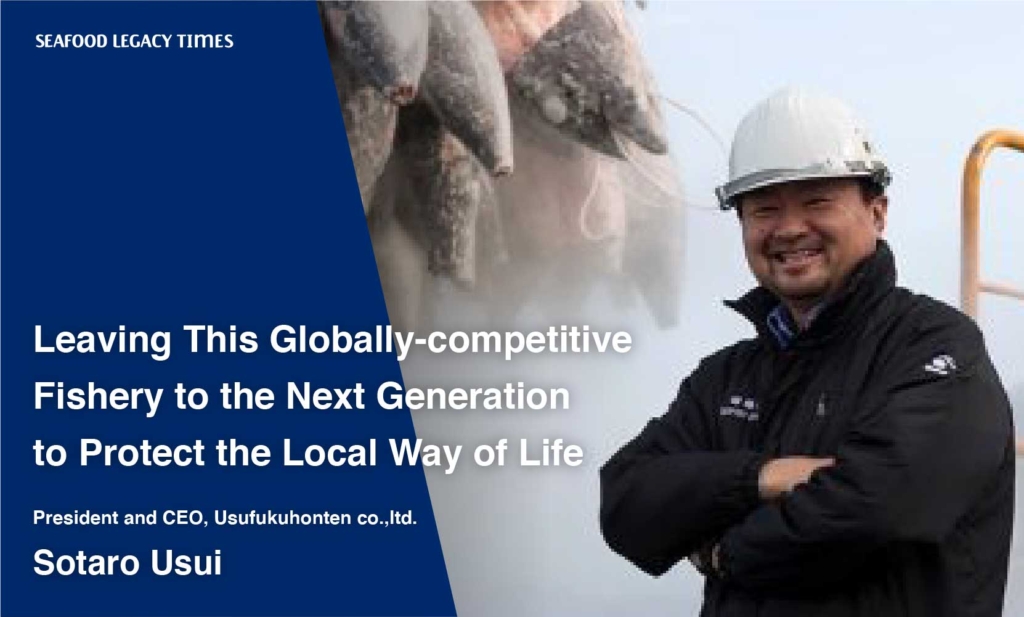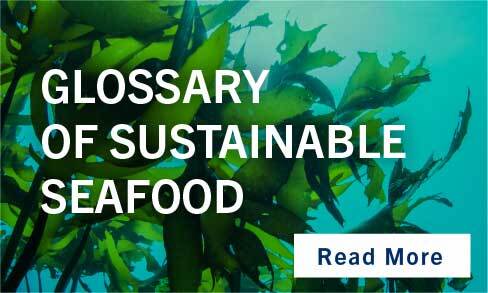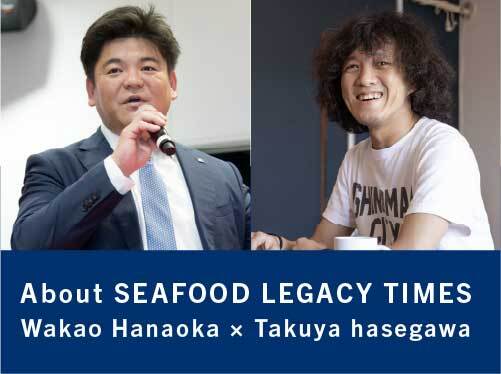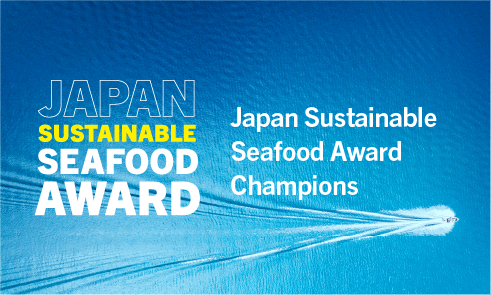

Established in 1954, Relais & Châteaux brings together a group of hoteliers and chefs of 580 independently owned hotels and restaurants who passionate about their craft and deeply committed to forging warm, lasting relationships with their guests. They protect and promote the wealth and diversity of the world’s culinary and hospitality traditions, to ensure they continue to thrive. The organization is equally dedicated to preserving local heritage and the environment. We spoke to Mr. Olivier Roellinger, a world-renowned chef and longtime executive at Relais & Châteaux, about the organization’s beliefs and activities.
<<< Read Part 1 of this interview
――What kind of an organization is Relais & Châteaux?
Relais & Châteaux is a brand that is dedicated to sustainability. It does not only provide guidance on what chefs and restaurants should strive to be but also runs concrete initiatives.
Currently, Relais & Châteaux has around 580 member hotels and restaurants across 65 countries (as of January 2023), all of which are united in their commitment to the organization’s sustainability activities.
There are also a total of 19 hotels, ryokans, and restaurants(Japanese style inn) in Japan that are members of Relais & Châteaux. In addition to embracing a global vision, the Japanese and Korean branches of Relais & Châteaux have also collaborated with Seafood Legacy to create a new code of conduct based on the understanding that Japan, as a maritime nation, bears a huge responsibility regarding the preservation of marine resources.
 Mr. Olivier Roellinger led Relais & Châteaux for a long time as its Vice President
Mr. Olivier Roellinger led Relais & Châteaux for a long time as its Vice President
――Relais & Châteaux unveiled the Relais & Châteaux Vision, which consists of 20 commitments for a better world through cuisine and hospitality, at a UNESCO meeting in November 2014. What does this vision entail? How did the organization come up with these 20 commitments?
The Relais & Châteaux Vision includes commitments such as “Encourage responsible fishing to protect the biodiversity of the oceans” (Commitment 5) and “Contribute to the renewal of natural resources by reducing food waste and using seasonal products sourced locally” (Commitment 6).
These commitments were not formulated specifically for the UNESCO meeting; rather, they serve as a formal codification of Relais & Châteaux’s efforts and stance up to that point.
For instance, one of Relais & Châteaux’s initiatives in the past was to put a stop to the consumption of bluefin tuna in the dishes served.
At that time, it was clear that the populations of bluefin tuna in the Atlantic Ocean and the Mediterranean Sea had declined significantly. As part of the Board of Directors of Relais & Châteaux, I took this finding seriously and mobilized all member hotels and restaurants of Relais & Châteaux to stop using bluefin tuna in their dishes. It was my belief that, by first altering the behavior of top chefs under Relais & Châteaux regarding the consumption of the endangered bluefin tuna, we might be able to have an impact on global trends and politics.
Our decision was covered by numerous media outlets and elicited quite a large reaction. Fishermen in the bluefin tuna industry voiced their anger at the criticism of bluefin tuna fishing, the cornerstone of their trade.
I thought that chefs might also voice their opposition, but the chefs under Relais & Châteaux were quick to support our ban on bluefin tuna and came together for the campaign.
Considering the situation surrounding bluefin tuna then, it was clear to everyone that the right thing to do was to refrain from cooking with bluefin tuna. The public became more vocal in backing the ban on the use of bluefin tuna, and as a result, politicians took action on the issue.
This led to a general fishing ban being imposed on bluefin tuna weighing less than 30kg, and the catch quotas of bluefin tuna in the Atlantic Ocean and the Mediterranean Sea were also reduced to around one-third of their peak levels.
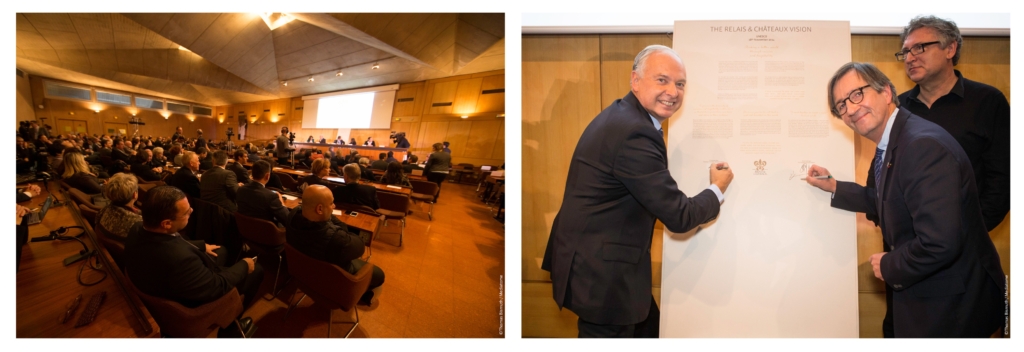 Unveiling the Relais & Châteaux Vision at a UNESCO meeting
Unveiling the Relais & Châteaux Vision at a UNESCO meeting
Around 10 years after Relais & Châteaux made the decision to ban the use of bluefin tuna, an employee of a company that is heavily involved in fishing in the Mediterranean Sea visited the Relais & Châteaux headquarters and told me, “I don’t have any affection for you, but I must admit that the decision you made 10 years ago was a good one.”
He told me that as a result of the regulations imposed on bluefin tuna fishing, sustainable fishing became possible and bluefin tuna have returned to the sea. The livelihoods of fishermen have also become more stable. In fact, the fishermen who were hostile to us after we first banned the use of bluefin tuna have come to accept our decision over the years.
The Relais & Châteaux Vision is therefore an embodiment of the initiatives and stance adopted by Relais & Châteaux.
As we move forward into the future, the Relais & Châteaux Vision will continue to have an impact on fishermen and play a major role in maintaining the oceans in the state that they should be in.
――What are the plans of Relais & Châteaux heading into the future?
Our current plan is to eliminate the use of all plastic products from the kitchens of the member restaurants of Relais & Châteaux.
As many people already know, plastic that flows into the oceans has a permanent negative impact on the environment and marine life. Our first step is for Relais & Châteaux, an organization whose members include top chefs, to eliminate plastic from its kitchens with the hope that restaurants and culinary schools around the world will eventually follow suit and avoid the use of plastic products.
Incidentally, Mr. Mauro Colagreco, who will serve as Vice President of Relais & Châteaux from January 2023, is highly enthusiastic about steering us away from the use of plastic, and I hope to work with him to push for this transition at Relais & Châteaux.
Another thing we would like to work on is eliminating the gender pay gap for women of our staff.
While some variation exists across different countries, female employees are paid less than their male counterparts in many cases. We will make every effort to ensure that all staff members in the same position and who perform the same kind of work receive the same pay regardless of their gender.
――What advice would you offer to Japanese companies that are engaged in sustainability efforts such as the promotion of sustainable seafood? What kind of mindset do you think is necessary for their sustainability efforts to succeed?
Global trends and public perception have already evolved dramatically, so if companies fail to take immediate action, it will be too late. It is no exaggeration to say that companies that are committed to sustainability will be the ones that will continue to generate profits as we move into the future.
At the same time, there is absolutely no point for a company to simply “greenwash” its business operations to make it seem as if it is working to achieve sustainability without making any substantial changes. If one does not make a serious effort to work on achieving sustainability, consumers will eventually see through the pretense, and the brand or company will lose its value.
Besides, sustainability is not only a word that applies to our global environment but a value that deserves to be pursued in the context of creating a better environment for workers. For instance, companies should work on eliminating the gender pay gap and improving working conditions.
Sustainability is impossible without a fair system. I hope we can work on pursuing sustainability by embracing the spirit of fairness.
OLIVIER ROELLINGER
Born in 1955 in Cancale, a small seaside town in the Brittany region of France, Olivier Roellinger decided to pursue a career in the culinary arts and became a self-taught chef at the age of 24. In 1982, he opened his restaurant Le Bricourt in Cancale, which was awarded three Michelin stars in 2006. In addition to his career as a world-renowned chef, his restaurant became a member of Relais & Châteaux in 1989, an international not-for-profit association comprising 580 independent hotels and restaurants where he served as Vice President from 2014 to 2022. He played a pioneering role as one of the first to advocate the importance of sustainable seafood and sustainability in general, and he has had a powerful impact on the restaurant industry at large.
Original Japanese text by: Keiko Ogata









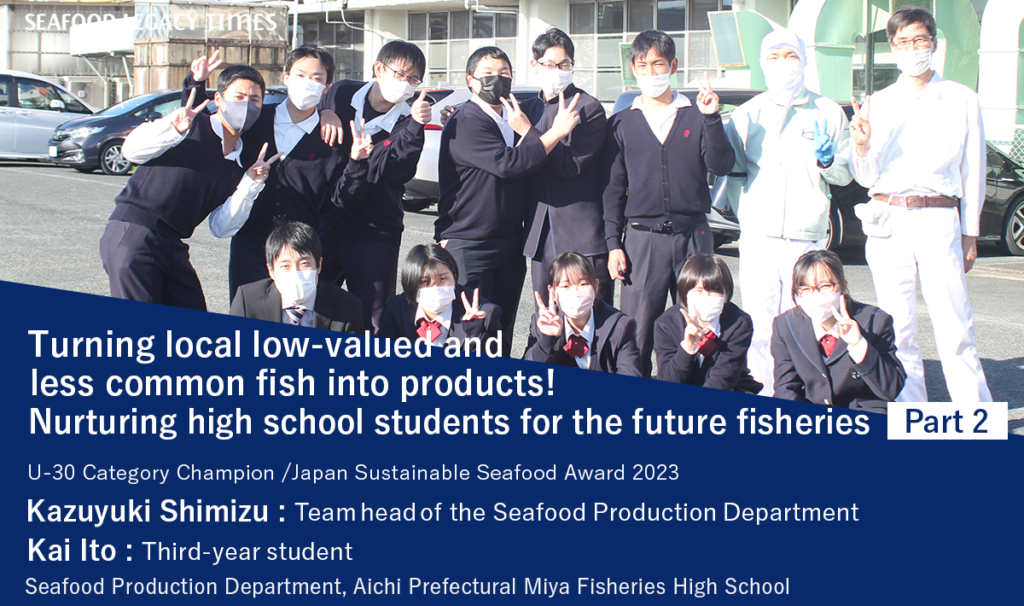
-1024x606.png)


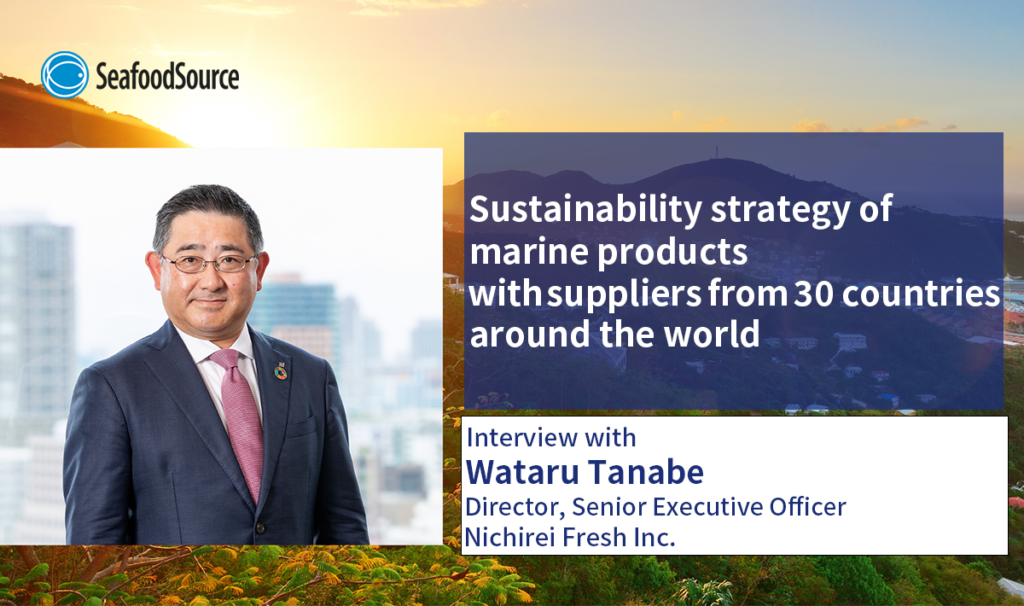
_-1024x606.png)

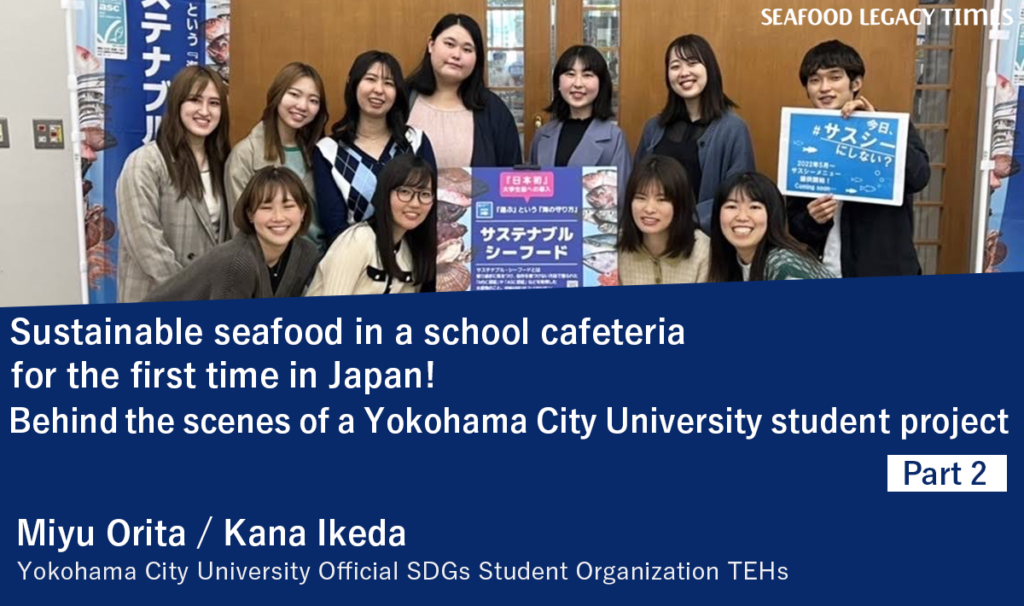
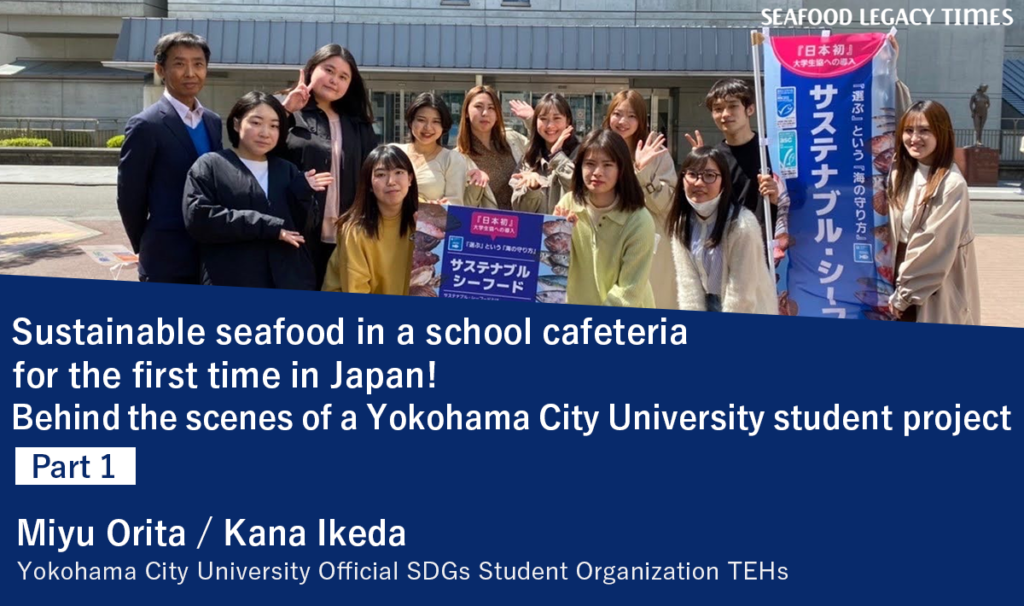



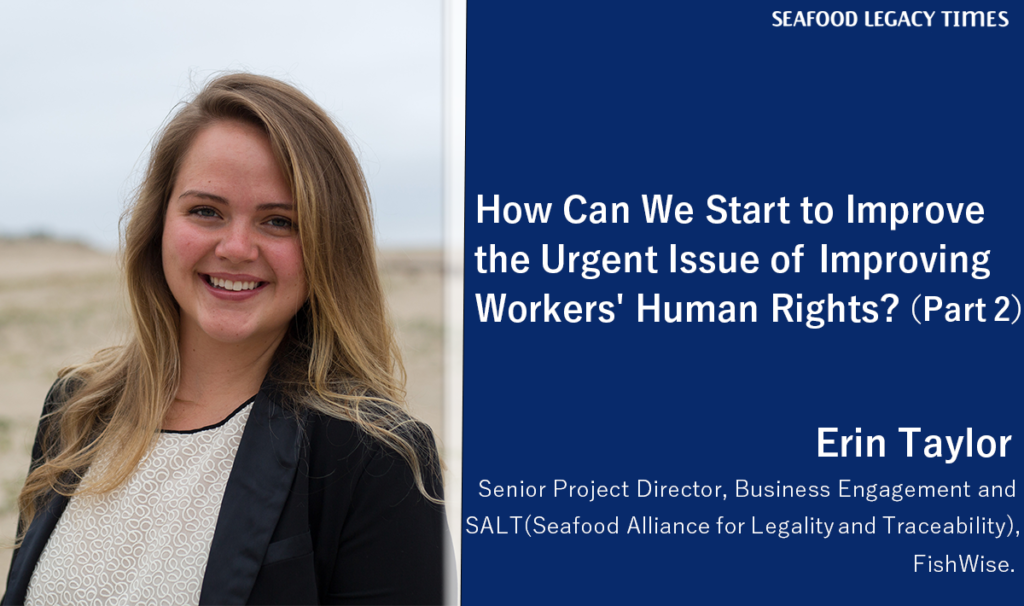
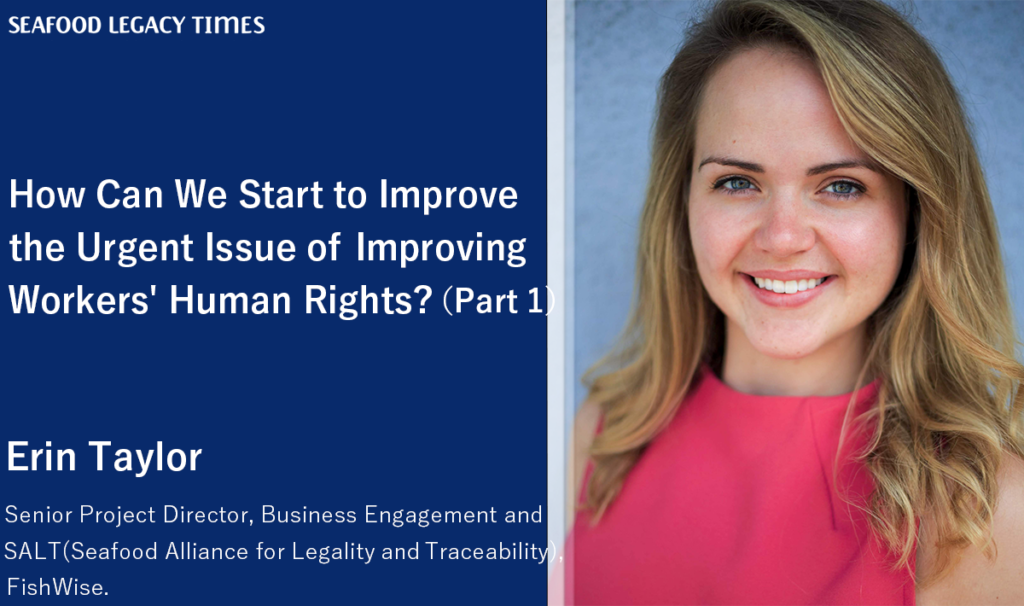
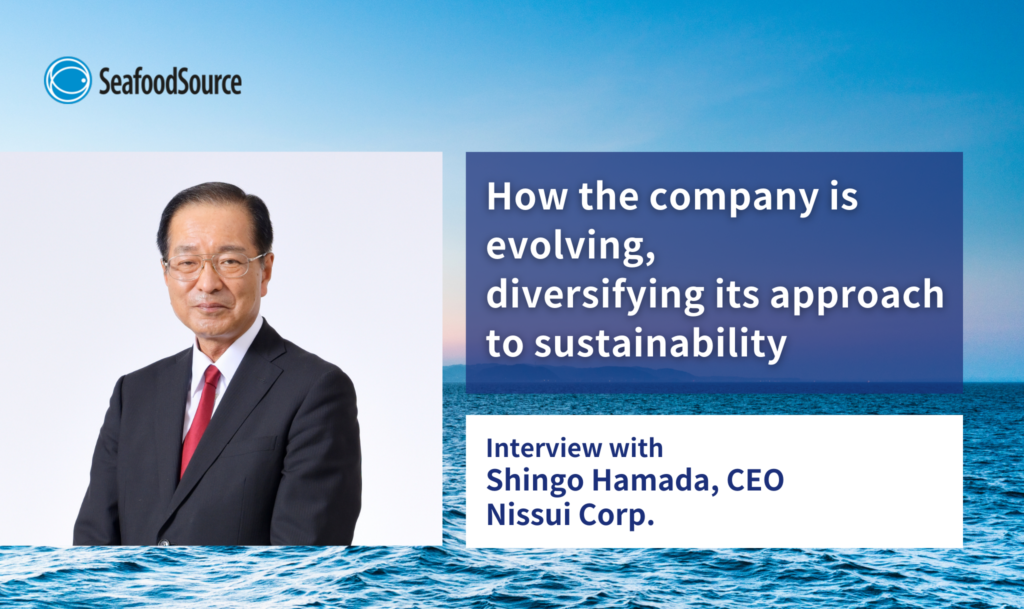




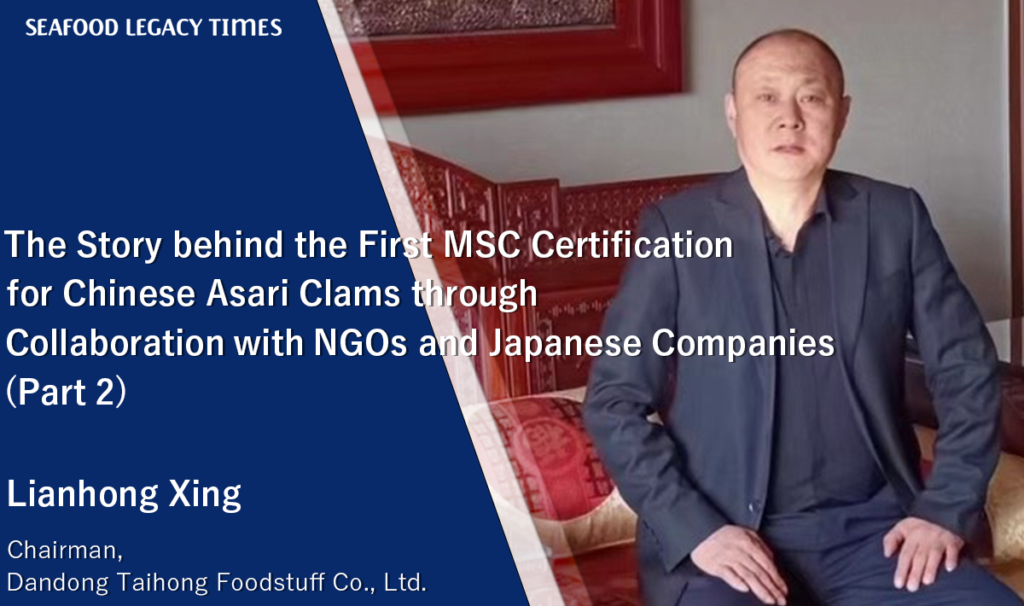
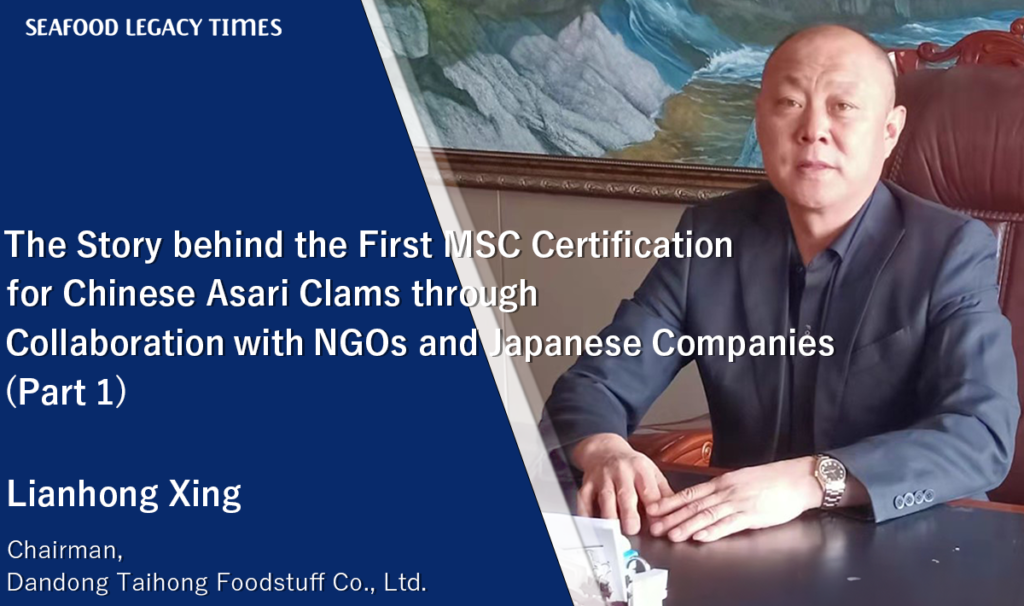

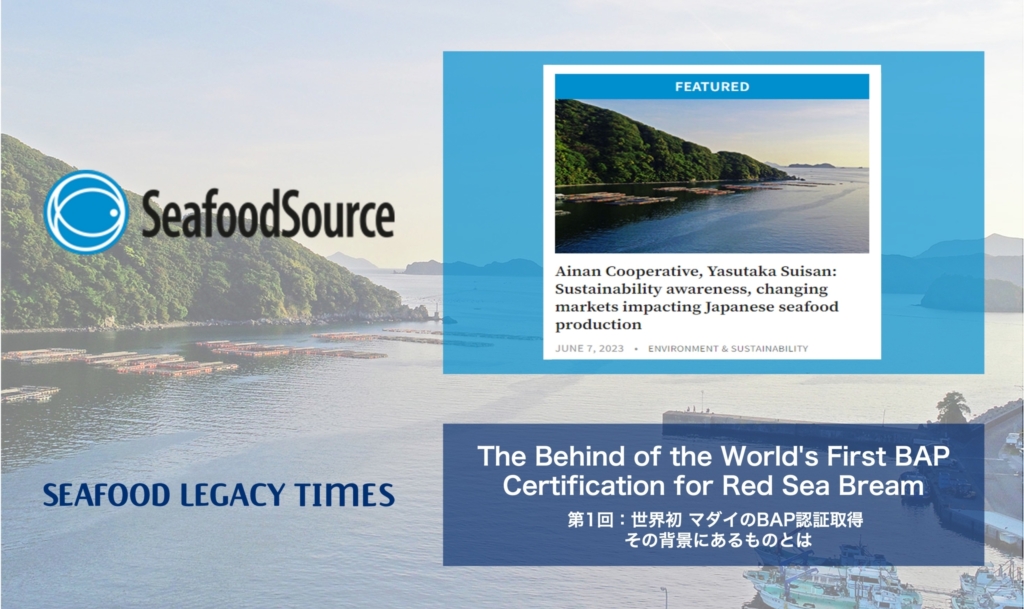

1_修正524-1024x606.png)


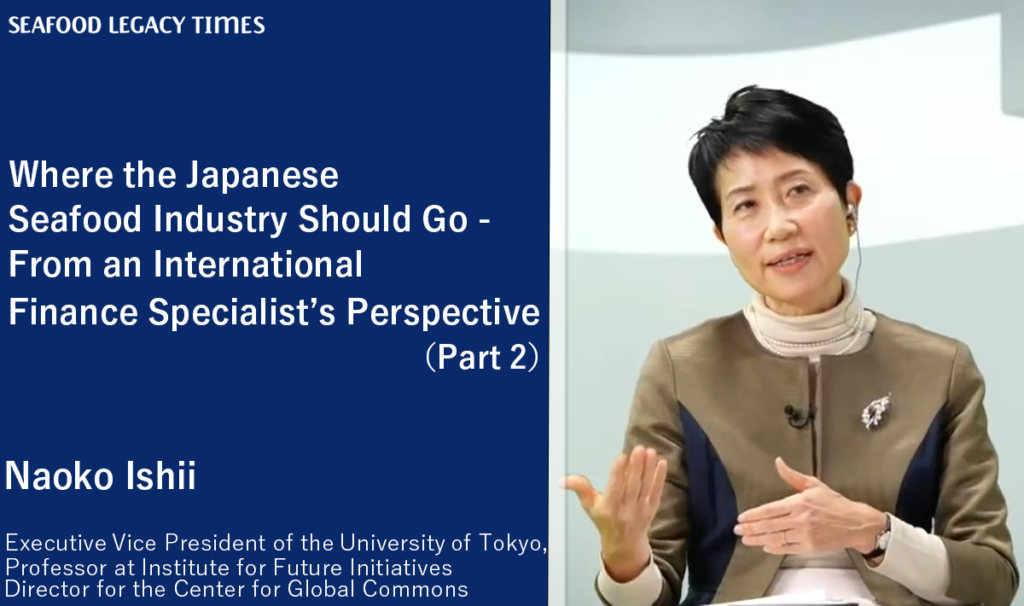







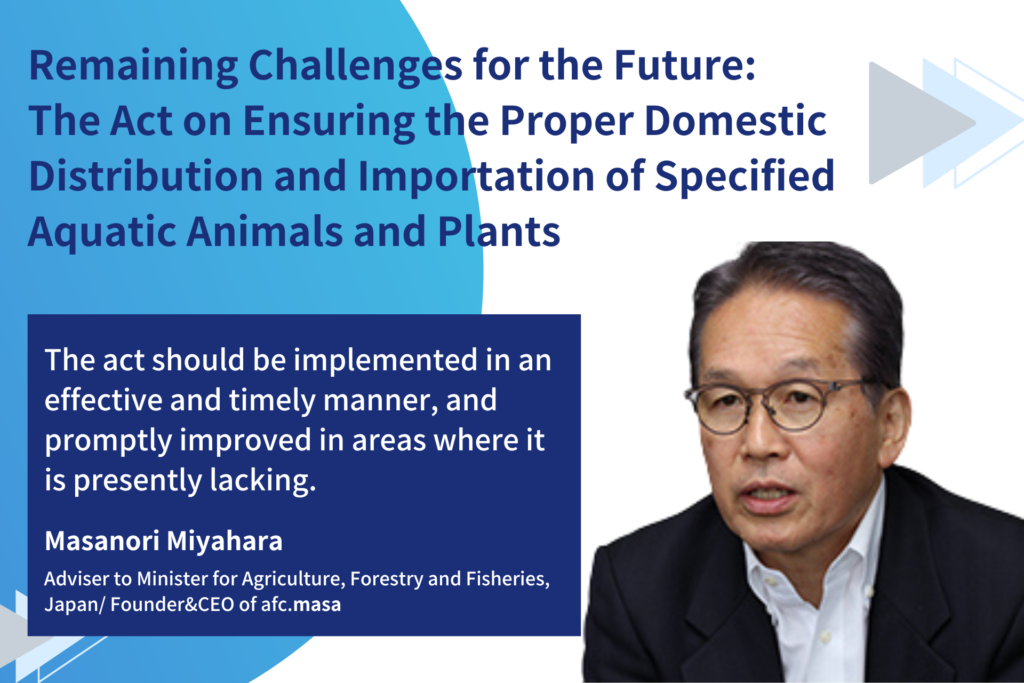
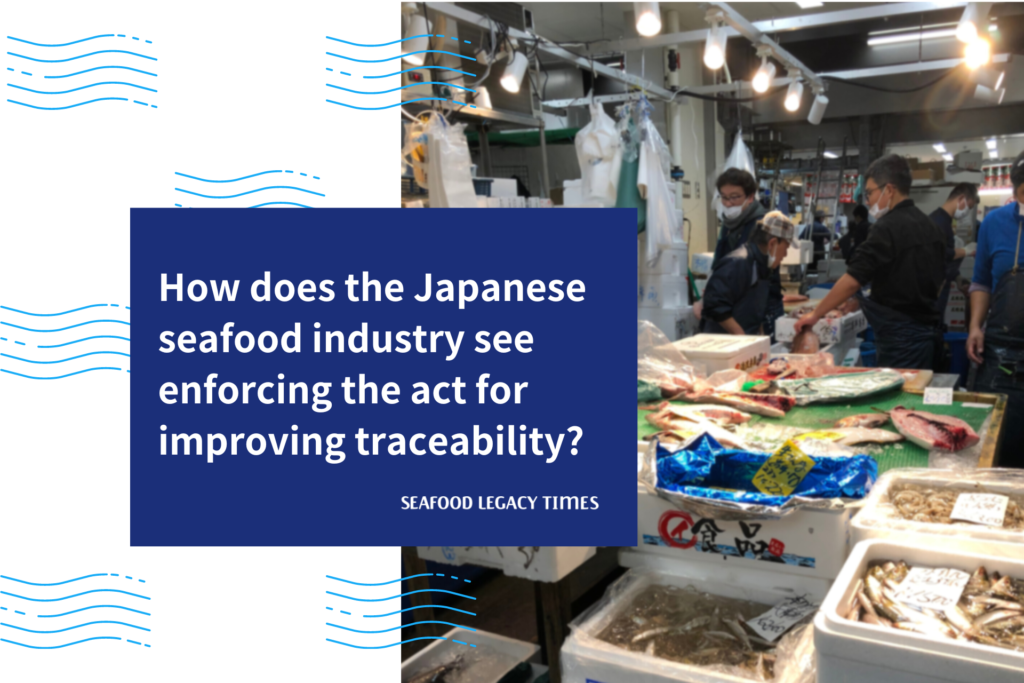



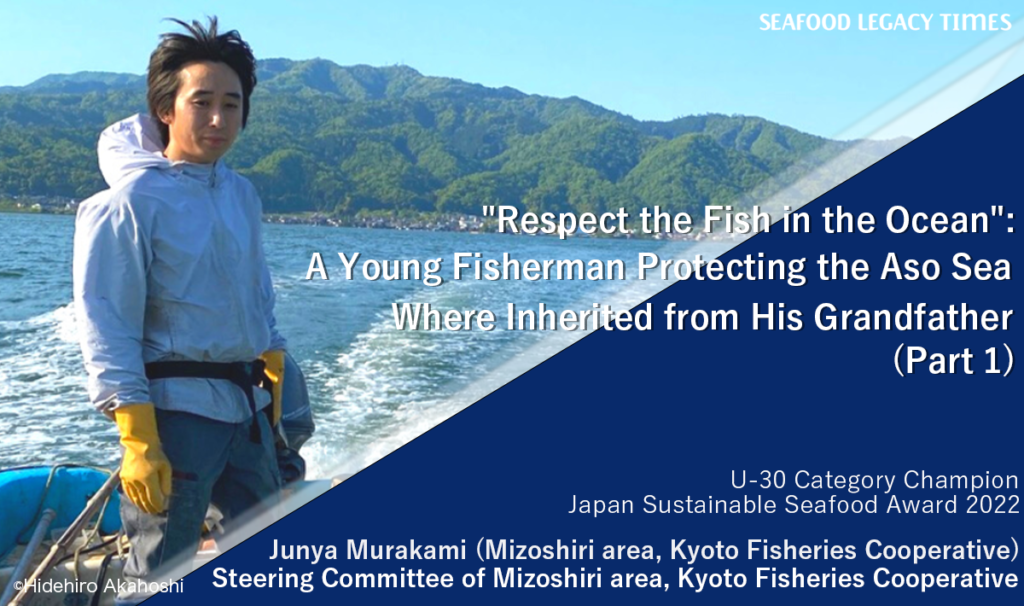
.2-1024x606.png)
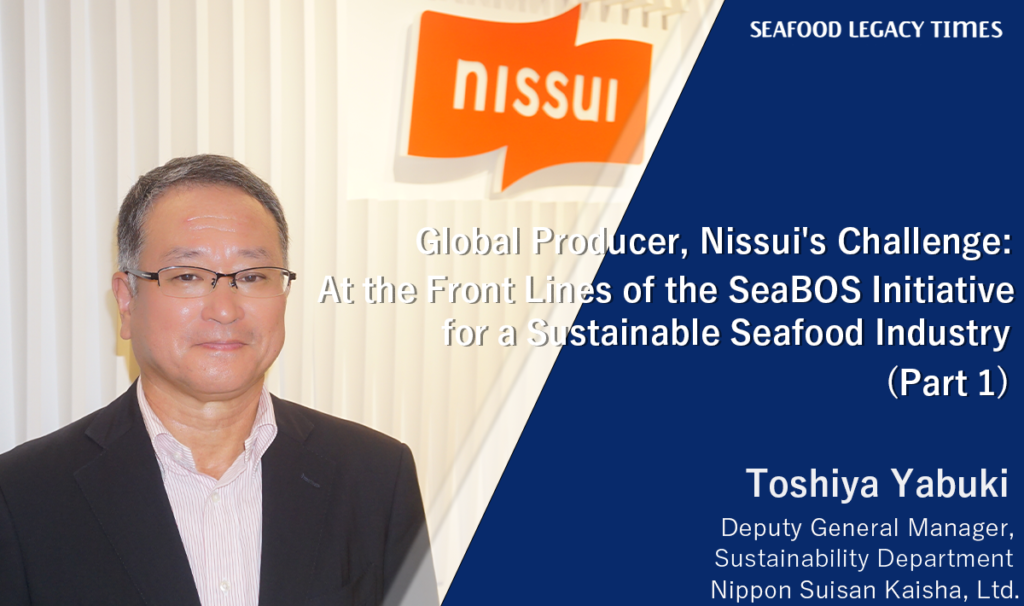
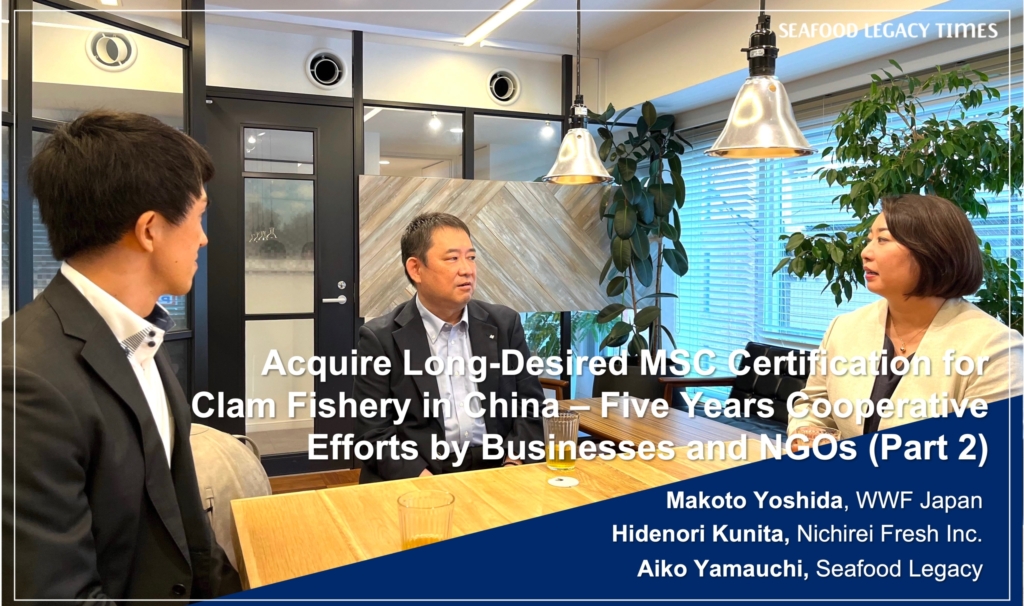
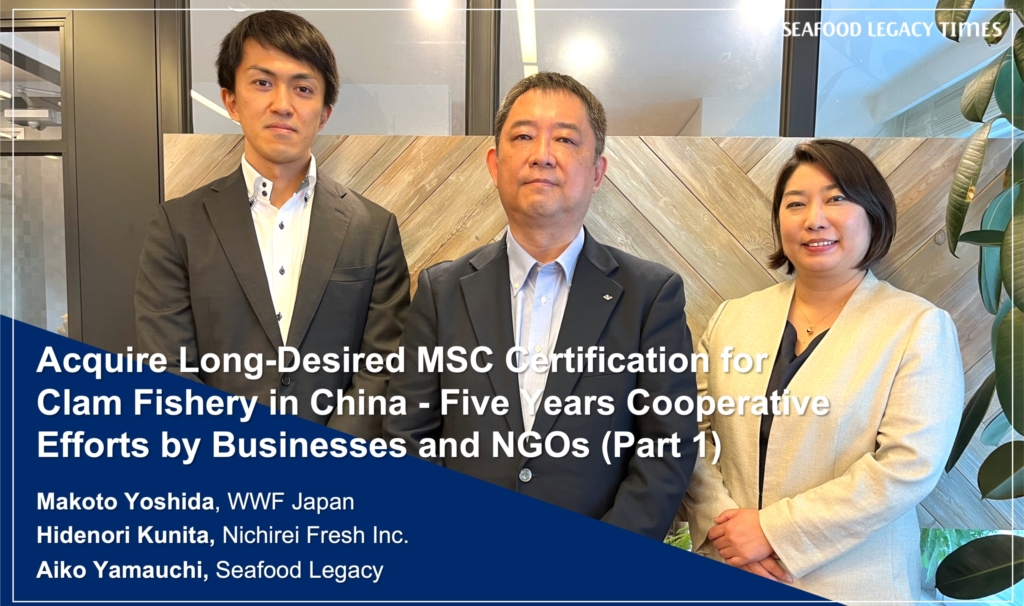






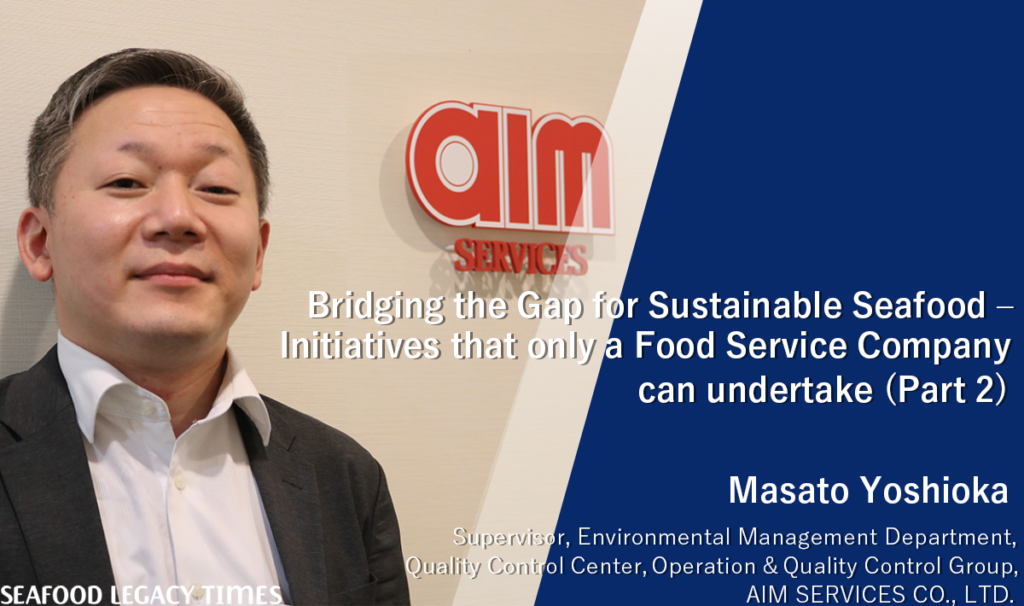
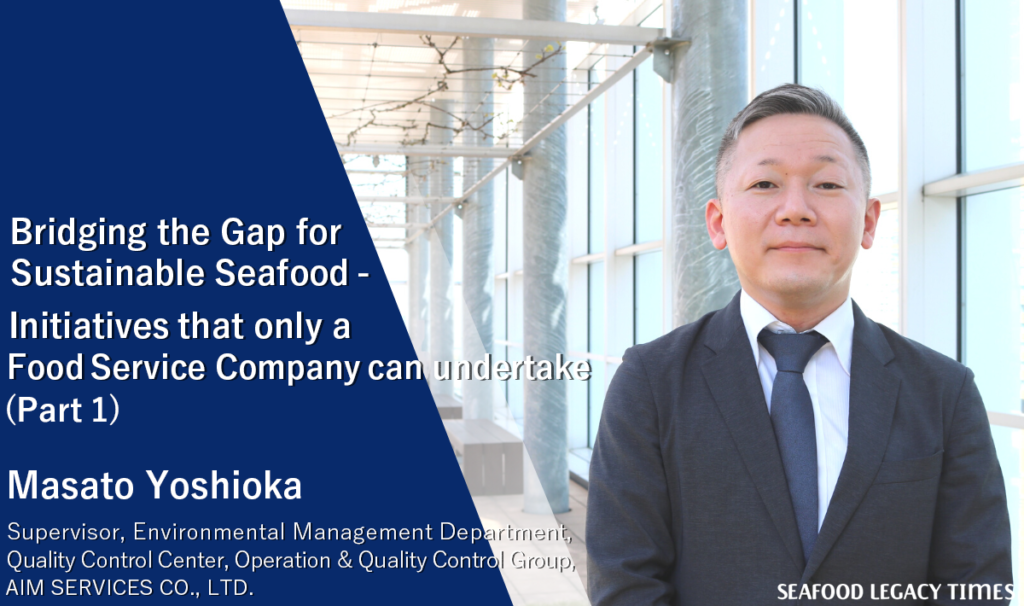
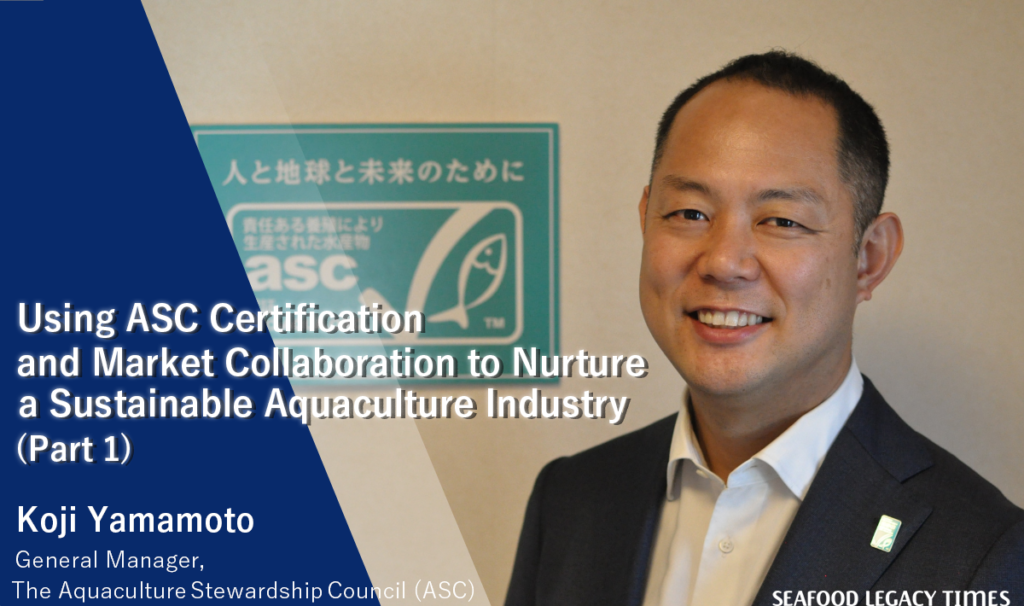
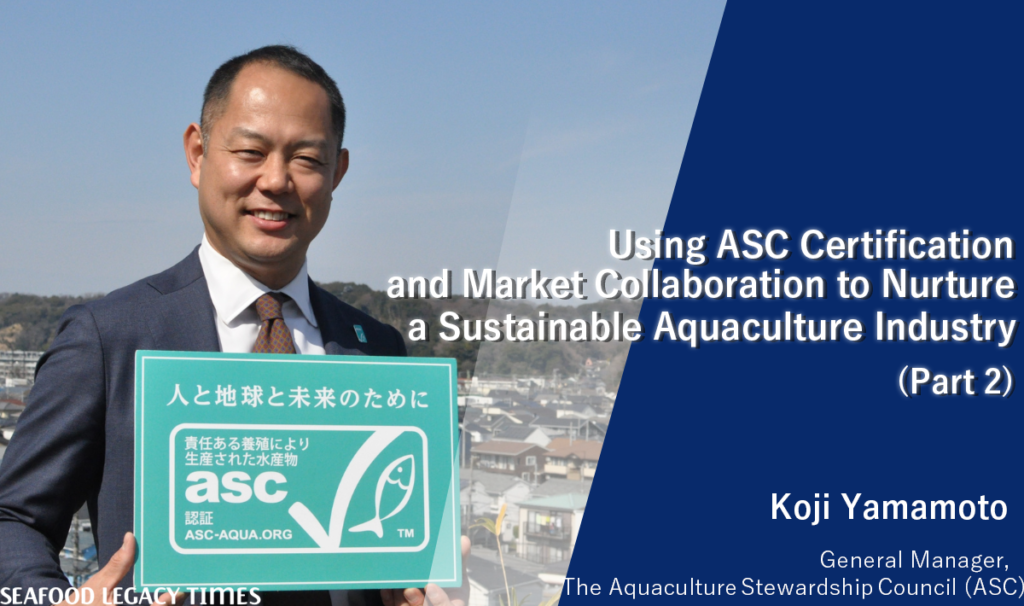
2-1024x606.png)
-1-1024x606.png)
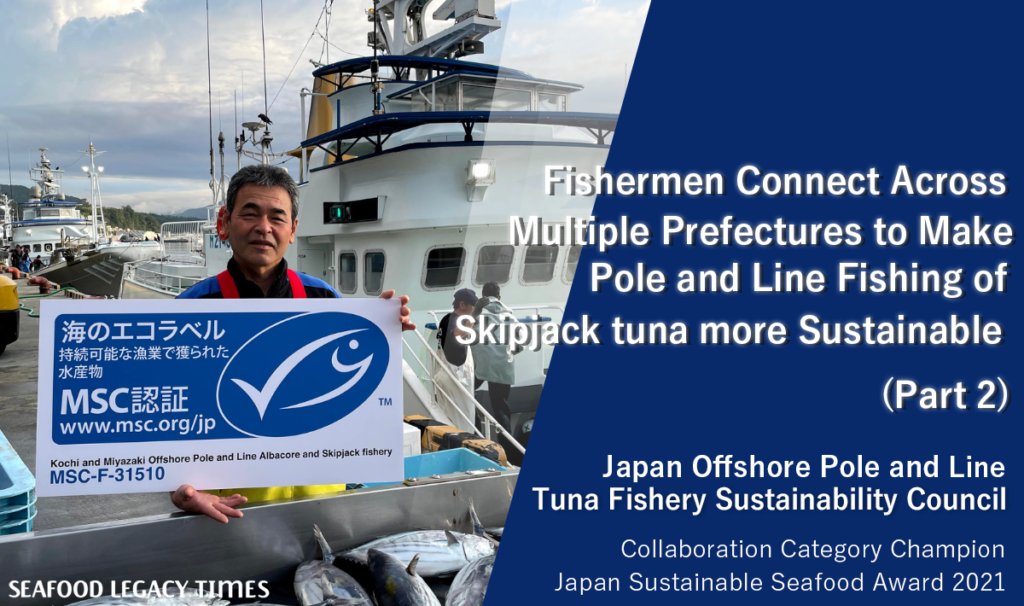
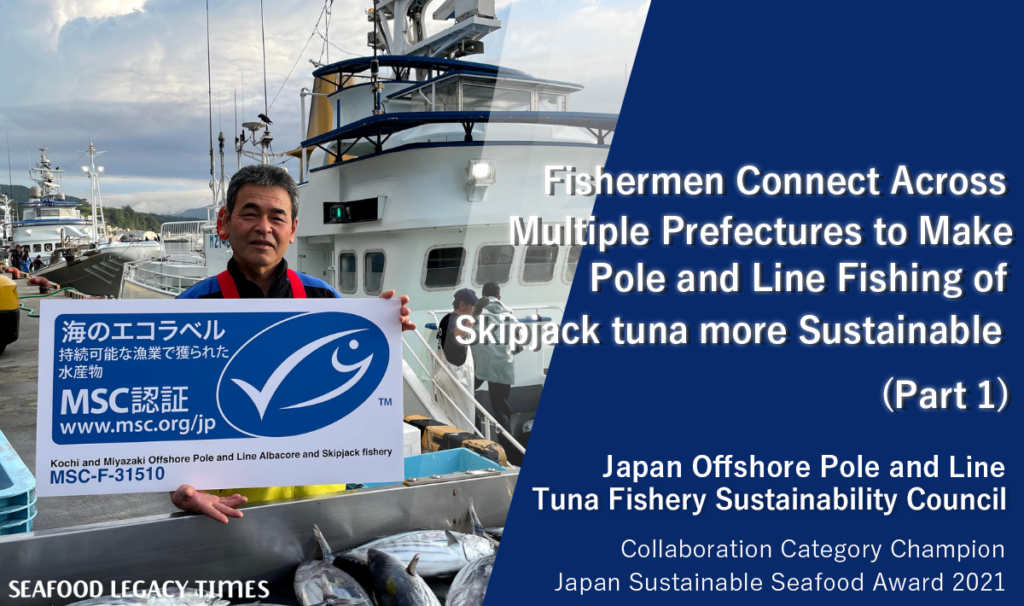
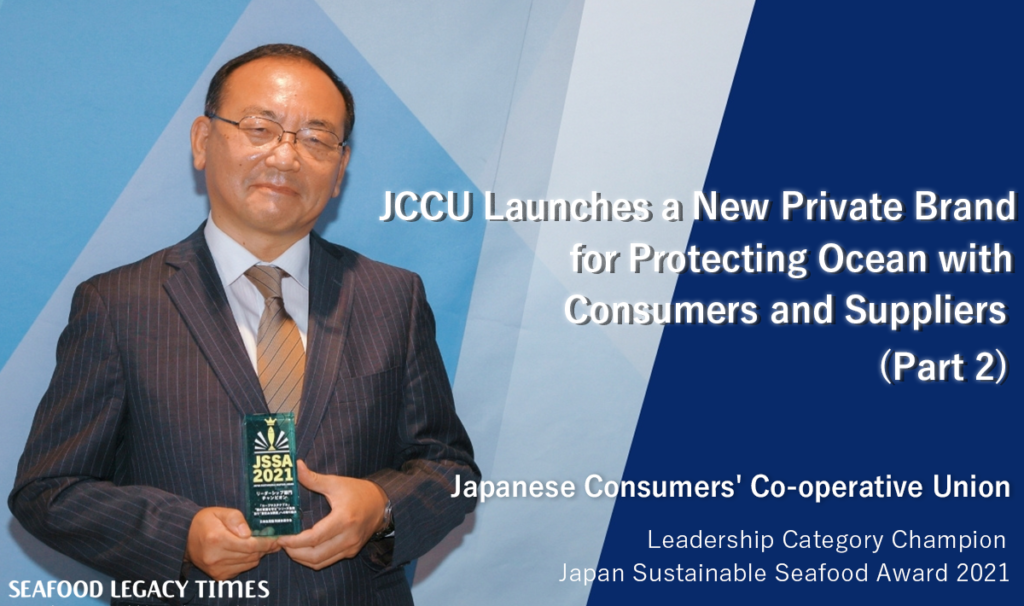
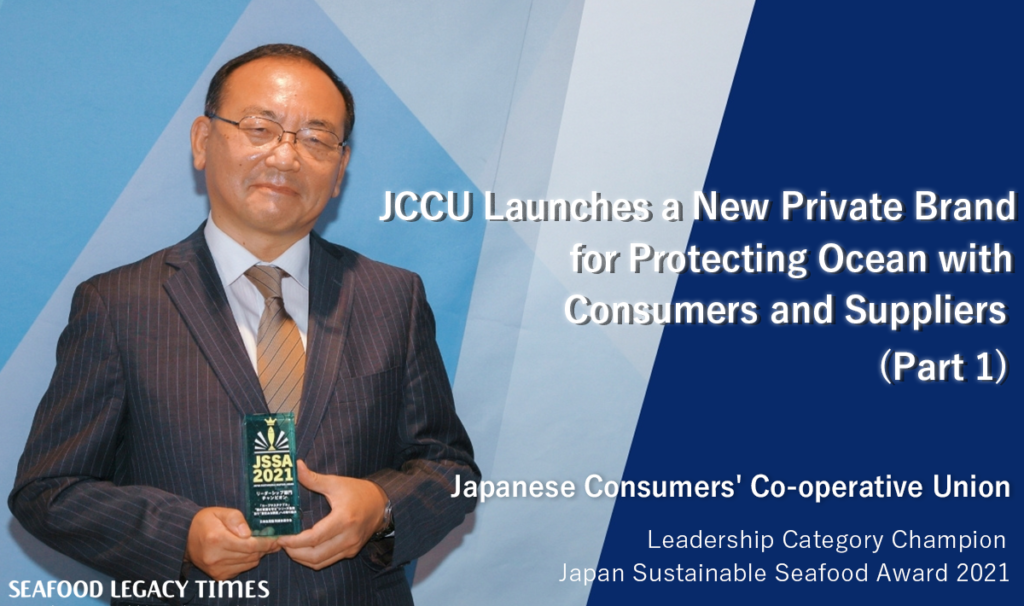
Part2-1024x606.png)
Part1-1024x606.png)
